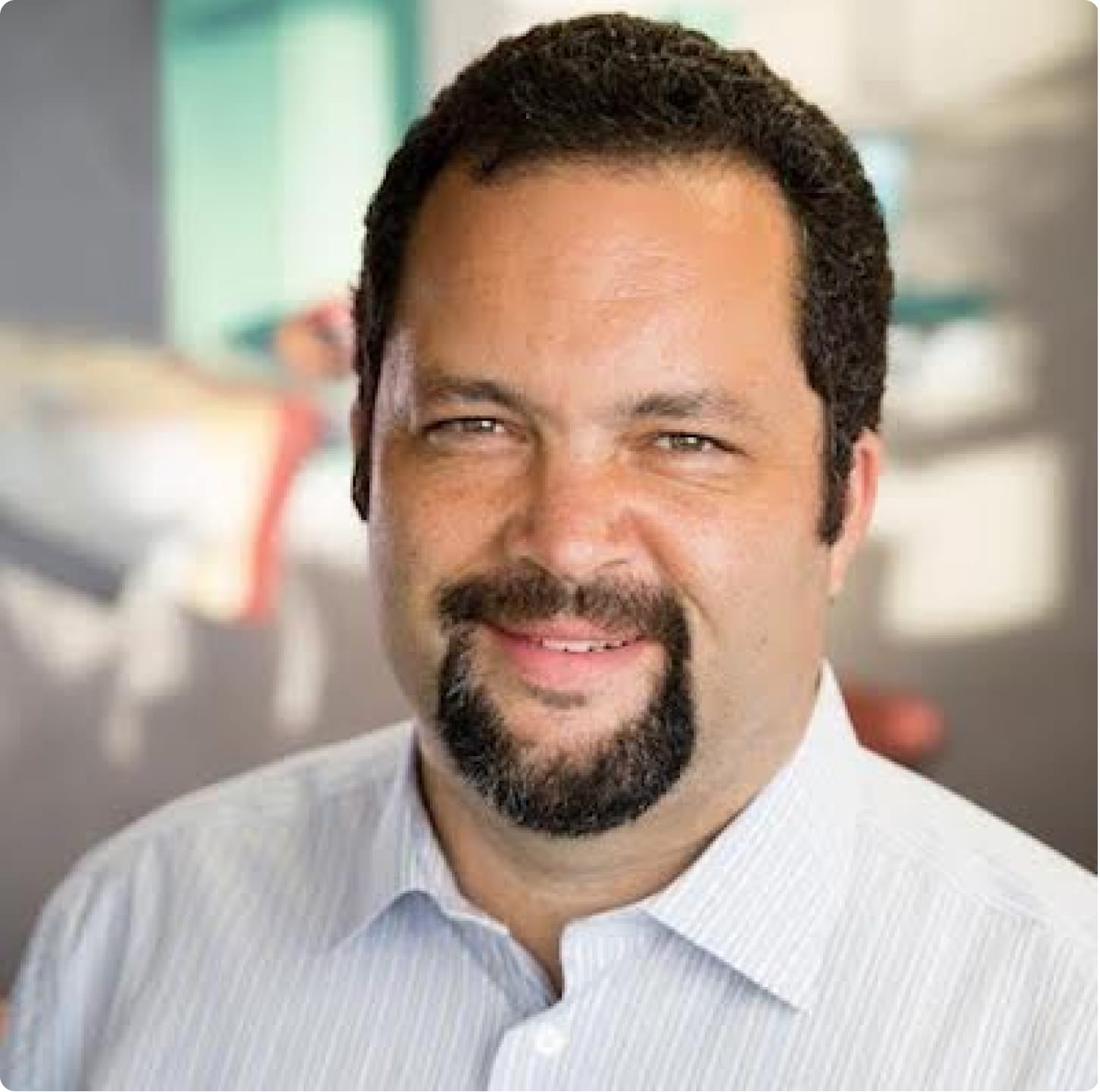Less For The State Pen, More For Penn State
A few years ago, I asked the president of Pennsylvania State University what he saw as his number one leadership challenge. He replied, “It’s like Groundhog Day: every year I go to the state capital and ask them to stop sending so much money to the state pen, and starting sending a little more money to Penn State.”
With that quip, he summarized a 40-year trend that has undermined our nation’s promise in states from coast to coast: as America has expanded its prison system to become the largest in the world, many states have been forced to cut funding for public colleges and universities. Every dollar spent on a prison bed is one dollar less that can be invested in our children’s education.
Fortunately, over the last few years I have seen increasing bipartisan agreement that we need to reprioritize education over incarceration. I believe that the next few years present an opportunity for our leaders in Annapolis and Washington to follow in this trend.
The human result of our nation’s decades-long obsession with “tough-on-crime” policies is clear as day: one in three black men will spend time in prison at some point in their lives, many of them for non-violent offenses. In Baltimore it is not uncommon to see “million dollar blocks” — residential neighborhoods where the state is investing millions of dollars to lock up fathers, sons and brothers (and increasingly mothers, daughters and sisters) from a single street.
A lesser-known side effect is the impact on state budgets. A 2013 report found that states spend $50 billion annually on corrections. For the most part, that money comes from the same general fund states draw from to pay for higher education — subsidizing tuition, hiring high-quality teachers and providing students with up-to-date technology. Between 1980 and 2007, state spending on corrections grew six times faster than did state spending on higher education.
The underlying trend of over-incarceration and under-investment in education has impacted virtually every 18-year-old in our country. Many who should have gone to rehab have been sent to prison. Others who go to college are going into deeper debt because of inflated tuition. Still others have chosen to forego college because the expense has become just too much.
Moreover, there is evidence that the impact on education begins at a much earlier age. On those “million dollar blocks,” evidence shows that children begin to fall behind on math scores as early as third grade because of the unnecessary absence of parents who should have been sent to rehab, not prison.
This needs to change. Fascinatingly, some of the most outspoken proponents for reform are conservatives. Right-wing leaders like Americans for Tax Reform President Grover Norquist and Republican former House Speaker Newt Gingrich have spoken out about the need to cut prison populations. They recognize that locking people up for minor offenses does not make our communities safer and represents a failed approach to crime and punishment. As Mr. Gingrich has written, “Conservatives, such as myself, should not consider criminal justice reform off-limits.”
His attitude is indicative of a larger bipartisan trend toward criminal justice reform. In Georgia, Texas and other traditionally “red” states, Republican governors and legislatures have passed laws to move away from the failed “tough-on-crime” paradigm that led to long sentences for minor crimes toward a proven “smart on crime” paradigm, typified by sending drug addicts to rehab instead of prison. Texas is now on track to shut down its first five prisons ever and to rein in its criminal justice budget accordingly.
This trend should be embraced by our leaders. The deep agreement by activists in both parties creates a special opportunities for leaders like Governor-elect Larry Hogan and President Barack Obama, who will each need to deliver results in conjunction with legislatures led by the opposite party. Both Messrs. Obama and Hogan came into office promising to lead by putting people before partisanship and to deliver the bold solutions needed to ensure our country is poised to prosper in the 21st century. They can make good on both of those promises by reaching across the aisle to pass “smart on crime” criminal justice reforms and reinvest the savings in our public colleges and universities.

